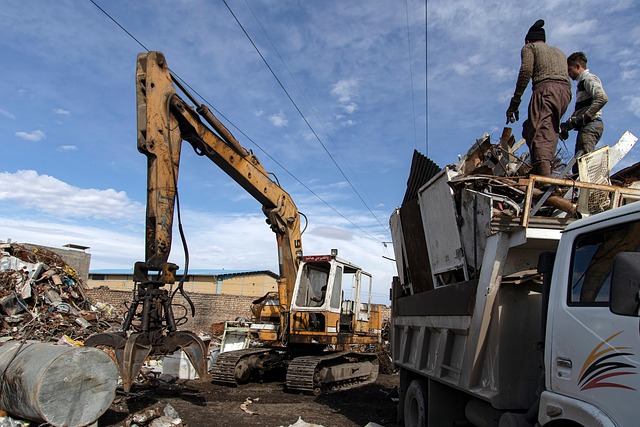As global citizens, we are increasingly aware of the urgent need to address the challenges posed by waste management and its impact on our environment. Every day, we witness firsthand the negative consequences of climate change, from extreme weather conditions to rising sea levels, which all point to one critical fact: our planet is in distress. In this era of environmental awakening, green solutions in waste management are leading the charge toward a more sustainable future.
Waste management is not just a logistical challenge; it is an environmental crisis that touches everyone’s lives. As populations grow and consumption patterns shift, the volume of waste generated soars. Traditional waste disposal methods, primarily landfilling and incineration, contribute significantly to greenhouse gas emissions, compromising air quality and health. To combat these pressing issues, innovative and eco-friendly waste management strategies have emerged—solutions that hold the potential to mitigate climate change while promoting economic growth.
Recycling is one of the cornerstones of green waste management. By reprocessing materials such as plastic, glass, and metal, we conserve the resources needed to create new products, thereby reducing both energy consumption and pollution. Innovative recycling programs harness the power of technology to improve sorting efficiency and maximize recovery rates. Moreover, with advances in artificial intelligence and machine learning, the future of recycling looks promising, allowing us to automate sorting processes and identify sustainable materials more effectively than ever before.
Composting is another powerful tool in our waste management arsenal. By converting organic waste into nutrient-rich compost, we can significantly decrease the amount of refuse that ends up in landfills. This process not only enriches soil but also sequesters carbon, playing an essential role in combating climate change. Community composting programs are cropping up across cities, fostering a sense of responsibility and connection among residents, as they collectively work toward a cleaner, greener neighborhood.
Moreover, the adoption of circular economy principles is revolutionizing the way we think about waste management. By designing products with their lifecycle in mind, businesses can create goods that are not only durable but also easy to repair, reuse, and recycle. This shift towards sustainability encourages producers to take responsibility for their products, reducing waste and promoting a healthier planet. Consumers, too, play a pivotal role in this movement by choosing sustainable options and demanding transparency from companies regarding their practices.
On a larger scale, governments and municipalities are beginning to implement comprehensive waste management policies aimed at reducing waste generation and enhancing recycling efforts. From incentivizing waste reduction programs to investing in infrastructure for composting and recycling, strategic policy changes can foster a culture of sustainability. Importantly, educational initiatives are essential in instilling a sense of environmental stewardship in individuals and communities, empowering them to make informed choices about waste and resource management.
As we face unprecedented challenges from climate change, the need for effective waste management solutions has never been more critical. The combination of technology, community engagement, and innovative policies can create a robust framework for addressing our waste crisis. By embracing green solutions, we stand not only to protect our environment but also to pave the way for a sustainable future where ecological balance is restored, and climate resilience is a reality. The journey towards a greener future begins with each one of us, and through collective action, we can turn the tide on waste and emissions together.



